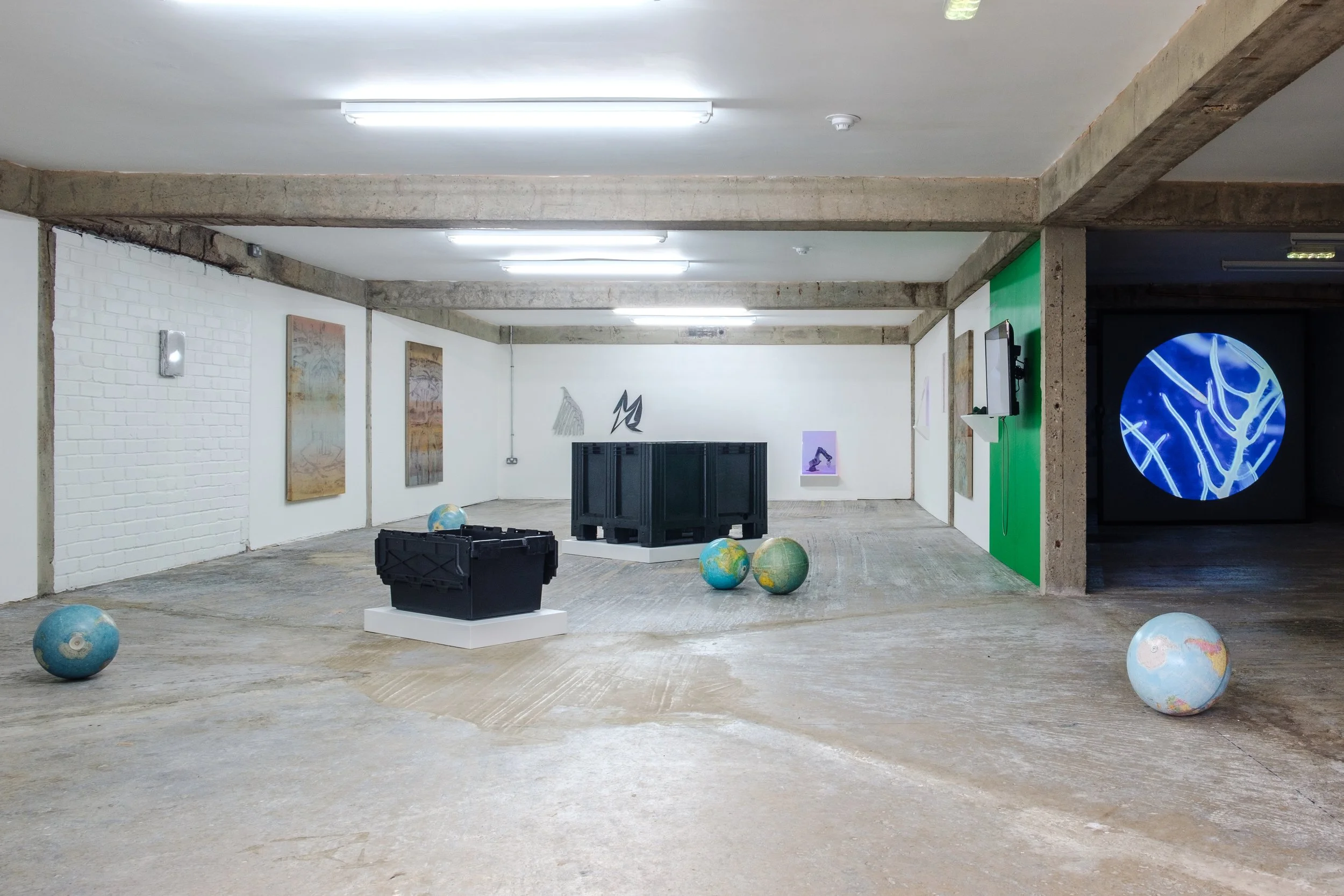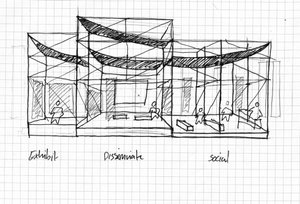Traces of a Cathode
This exhibition was captured in real time using 3D scanning to produce an Interactive 3D Virtual Tour, allowing audiences to explore the space online.
Learn more about our 3D Virtual ToursS1 Artspace, Sheffield
1 Pat Midgley Lane, Sheffield, S2 5PN
18 March 2023 – 20 June 2023
S1 Artspace is pleased to present Traces of a Cathode, an international group exhibition of recent works by Paulo Arraiano, Diogo da Cruz, Olga Grotova, Gweni Llwyd, Daniel de Paula & David Rickard, curated by artist Joseph Cutts. Developed from Cutts’ ongoing research, the exhibition aimed to provide an understanding of the cycle and formation of electronic waste (obsolete or discarded electronic devices) and the processes involved from the mining and extraction of minerals, through to the manu...

